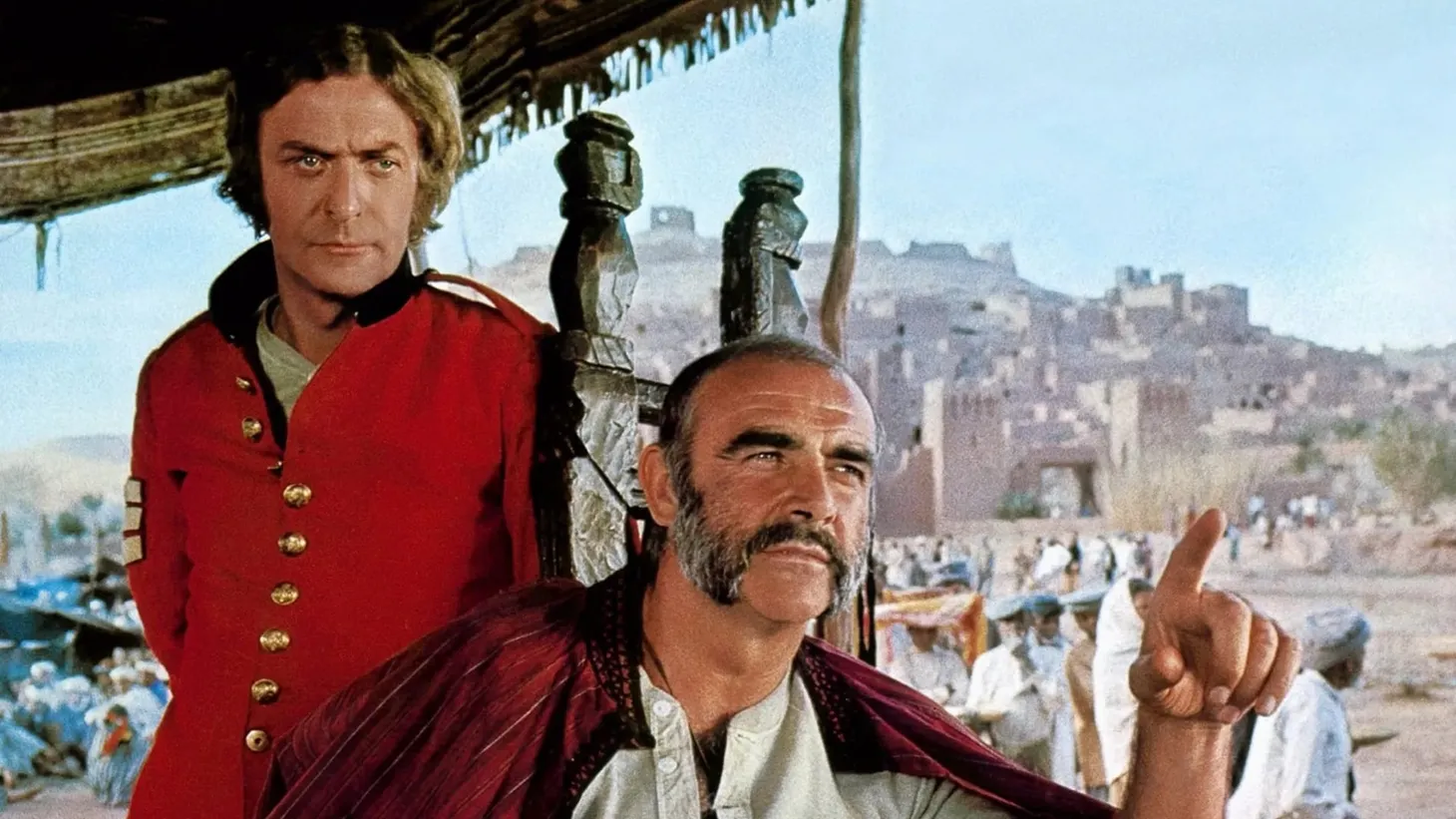The Candy Culture Wars

John Paul Brammer wades into the candy culture wars (which are adjacent to the chicken sandwich culture wars and seem to provoke no less depth of feeling, if not many true casualties) on his Substack.
No one really asked for the M&Ms to be more relatable or for Velma to call out toxic masculinity. These are decisions massive corporations made because we are living in an era where personal morality is almost entirely defined by consumption habits, because consumption habits make up a good chunk of our daily lives.
In a plastic-packaged, disposable society, the consumer is king. We look to cookie and candy manufacturers like Oreo and Mars to provide us a package of values because these are the places to which we keep returning. Consumption is an ever-present cycle, perpetuated by the need to replenish what has been consumed.
The humble black and white sandwich cookie that once divided us over the questions of whether or not to dunk or if it was proper etiquette to eat the icing first now attempt to teach us lessons in basic humanity or sexual anthropology. Contemporary corporations step in to give moral direction in the absence of institutions that once held our trust.
The thing is, though, that companies by their very nature can’t provide that moral clarity. The morals of a company are pretty straightforward: to turn a profit. What they can do, though, is produce the aesthetic, the vibe, the feeling of moral clarity. They can put on a pair of stripper boots and tell you “gay is okay” or whatever, and there will indeed be a number of news outlets willing to celebrate them for it.
This consensus consumerism has become big business, with brands performing to show us which has the most worthwhile values. Mainstream media, populated by pop-culture aficionados who long ago gave up on traditional guideposts, seems to love and support this turn of events without any real sense of the absurdity.



